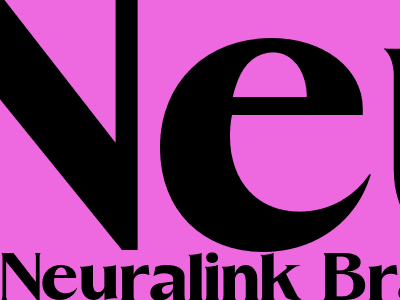Neuralink Brain Implant: A Transformative Technology or Ethical Enigma?
A Deep Dive into the Potential and Perils of Neuralink
Neuralink, a company founded by Elon Musk, is developing a brain implant that aims to connect the human brain to computers. This revolutionary technology has the potential to transform countless lives, from restoring vision to paralyzed patients to enhancing cognitive abilities. However, it also raises significant ethical and practical concerns.The Potential Benefits of Neuralink
Neuralink's brain implant holds immense promise for addressing a wide range of challenges:
- Restoring lost functions: The implant could restore sight to blind people, enable paralyzed individuals to regain movement, and alleviate debilitating symptoms of neurological disorders such as Parkinson's disease.
- Enhancing cognitive abilities: The implant could improve memory, concentration, and learning capacity, opening doors to new possibilities in education and research.
- Treating mental health conditions: The implant could potentially help alleviate symptoms of depression, anxiety, and other mental health disorders by directly targeting brain circuits involved in these conditions.
The Ethical Concerns of Neuralink
Alongside its potential benefits, Neuralink's brain implant also raises ethical concerns:
- Privacy and data security: The implant could collect a vast amount of data about the user's brain activity, raising concerns about privacy and potential misuse.
- Brain damage and unintended consequences: The implantation procedure itself carries risks of brain damage, and the long-term effects of the implant on brain function are still unknown.
- Accessibility and equity: The implant could exacerbate existing social inequalities, with only the wealthy and privileged having access to this transformative technology.
The Way Forward
The utveckling of Neuralink's brain implant presents a complex mix of opportunities and challenges. As research and development progress, it is crucial to engage in a thorough and transparent public dialogue about the potential benefits and risks of this transformative technology:
- Rigorous testing and research: Extensive clinical trials and research are needed to ensure the implant's safety and efficacy before widespread use.
- Ethical guidelines and governance: Robust ethical guidelines and governance frameworks must be established to address privacy, data security, and equity concerns.
- Public engagement and education: The public needs to be fully informed about the potential and risks of Neuralink's brain implant to make informed decisions about its future use.
Conclusion
Neuralink's brain implant is a groundbreaking technology with the potential to revolutionize healthcare and human capabilities. However, it is essential to proceed with caution and address the ethical and practical concerns associated with this transformative technology. Through ongoing research, public dialogue, and responsible governance, we can harness the power of Neuralink to improve lives while safeguarding the rights and well-being of individuals.

Comments